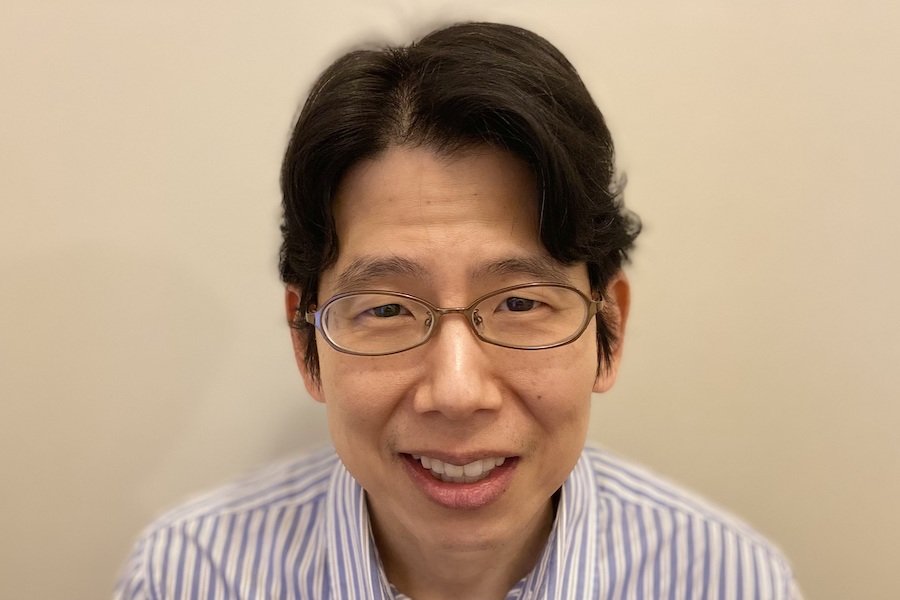Professor Chris Kim to lead NSF-, DARPA-funded $8M quantum-inspired computing efforts

New computing paradigm will leverage semiconductor chips to solve complex problems targeted by certain types of quantum computers
MINNEAPOLIS / ST. PAUL (01/17/2023)—University of Minnesota Twin Cities Professor Chris Kim will lead a new university effort to study quantum-inspired computing. The work, spread over three separate projects, is funded by more than $8 million in awards from the National Science Foundation (NSF) and the Defense Advanced Research Projects Agency (DARPA).
The research will use a new technique that leverages semiconductor chips to more efficiently solve complex problems intended for annealing-based quantum computers. The technology could help optimize solutions for national defense, supply chain, and logistics industries, among other applications.
Quantum computing has the potential to change society in profound ways by enabling solutions to computational problems inaccessible using conventional methods. However, they’re difficult to fabricate on a large-scale. With this research, Kim and his collaborators aim to bridge the gap between quantum and classical computing to make chips that can solve problems faster and more efficiently than conventional computers.
“The most exciting aspect of these projects is that we are building real quantum-inspired computer chips through commercial foundries that leverage nature to solve real-world optimization problems,” said Kim, who is a Distinguished McKnight University Professor in the University of Minnesota Department of Electrical and Computer Engineering.
Kim will lead three projects related to quantum-inspired computing. The first, funded by the DARPA Quantum-Inspired Classical Computing (QuICC) program, aims to use Kim’s previous work on complementary metal-oxide semiconductors to develop Quantum-inspired (QI) solvers that utilize Classical (non-Quantum) physics to solve hard optimization problems. Kim and his team are collaborating with AMD Research, an industrial research lab, on the project.
The second effort is part of the NSF Addressing Systems Challenges through Engineering Teams (ASCENT) program. The researchers will explore some of the key barriers to creating physics-based computers and aim to develop a quantum-inspired computer with a “tunable randomness” that can help find the solutions to hard optimization problems.
On the third project, Kim is collaborating with scientists from the University of Florida to incorporate quantum-inspired computing into undergraduate courses under the NSF’s Improving Undergraduate STEM Education: Education and Human Resources (IUSE: EHR) program.
“Future computers are likely to be very different from today's digital computers in that they will be solving problems that are increasingly ‘probabilistic’ in nature,” Kim said. “These emerging workloads require quantum-, quantum-inspired, and other forms of probabilistic computers that can find optimal solutions faster and more efficiently than traditional computers. Incorporating such probabilistic compute hardware and programming models into undergraduate courses will position our students well for the computers of the future.”
In addition to Kim, fellow Department of Electrical and Computer Engineering Distinguished McKnight University Professor Sachin Sapatnekar is a co-PI on both the DARPA and NSF ASCENT projects. Department of Electrical and Computer Engineering faculty members Jian-Ping Wang and Ulya Karpuzcu are co-PIs on the NSF ASCENT project, and Karpuzcu is also a co-PI on the IUSE: EHR program.
